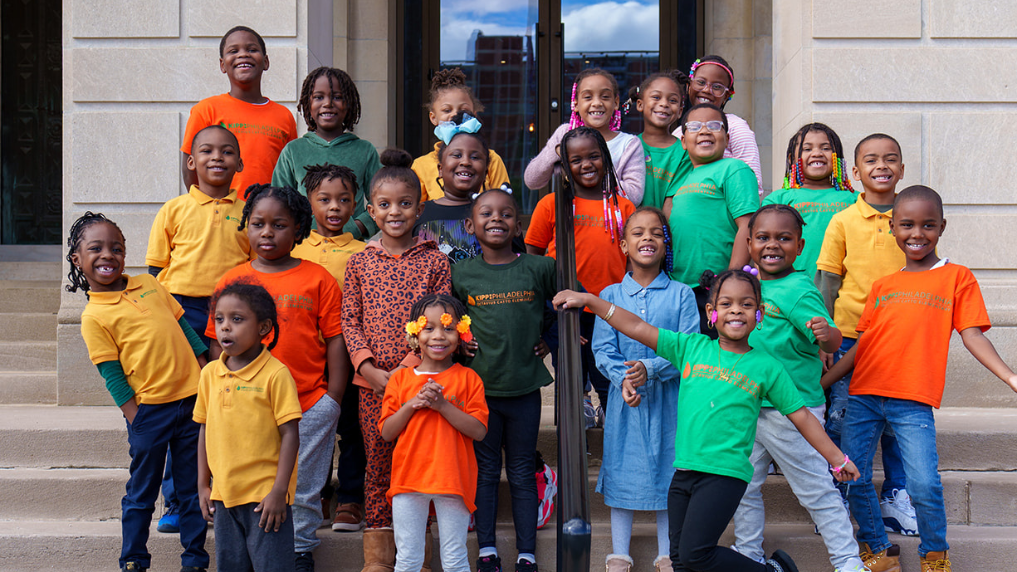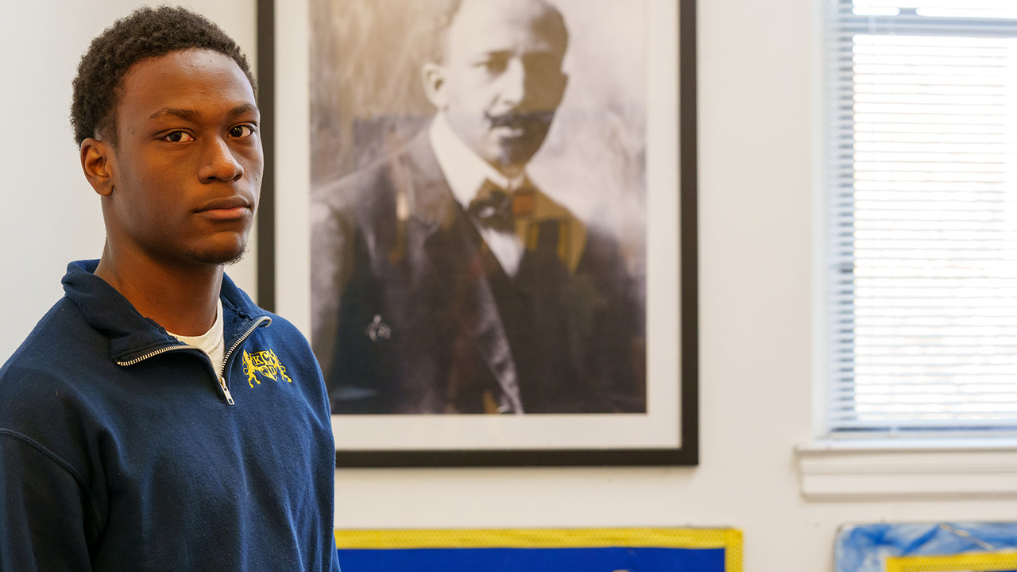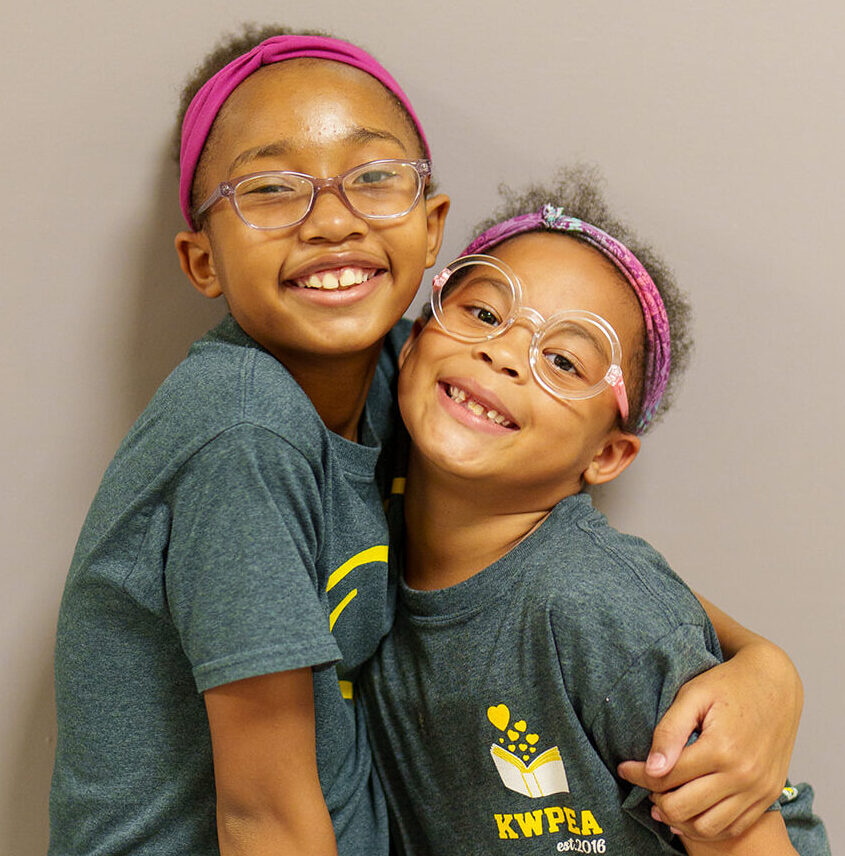Equity


KIPP Philadelphia Public Schools (KPPS) provides students with a Liberatory Education, prioritizing Black liberation and thriving over survival. Our schools uplift students’ agency and right to joy while affirming their identities and lived experiences. KPPS equips students with the academic, social, and emotional tools needed to understand the role of systemic oppression in their lives, disrupt the untruths that undergird those systems, and leverage the legacy of their community to access their personal strengths to build the lives they want for themselves.
KIPP Philadelphia Public Schools has committed itself to the work of diversity, equity, and inclusion. We take an inquiry approach to this work by questioning ourselves and each other to expand our views and ultimately widen the impact of our work.

We start with equity, leveraging the work of the National Equity Project. We define educational equity as: Every student receives what they need in order to reach their full academic and socio-emotional potential. With this definition in mind, we constantly scrutinize our practice, policies and systems and ask “Who is advantaged and who is disadvantaged by this practice? Knowing this, what will we change?”

Our conversations about culturally responsive pedagogy is based on the work of Dr. Sharroky Hollie and Dr. Zaretta Hammond. We define culturally responsive pedagogy as: The theory and practice that centers our children’s cultural capital, lived and historical experiences, and developmental experiences in order to optimize student learning. Our teachers push themselves to continuously ask “How do my identity, cultural lenses, beliefs, and biases interact with the identity, lived and developmental experiences of my students? How will I adapt my practice?”

KIPP Philadelphia Public Schools takes a Liberatory Approach to education by utilizing an Equity Meets Design framework. This requires us to unlearn mindsets and interrogate our entire system: What does it mean to design a school system with, not for, Black students and their families that disrupts white supremacy and anti-blackness? This work is ever evolving and we are still working to answer this question. As we engage in this work, we embrace the opportunity to imagine a new reality for ourselves and our students.